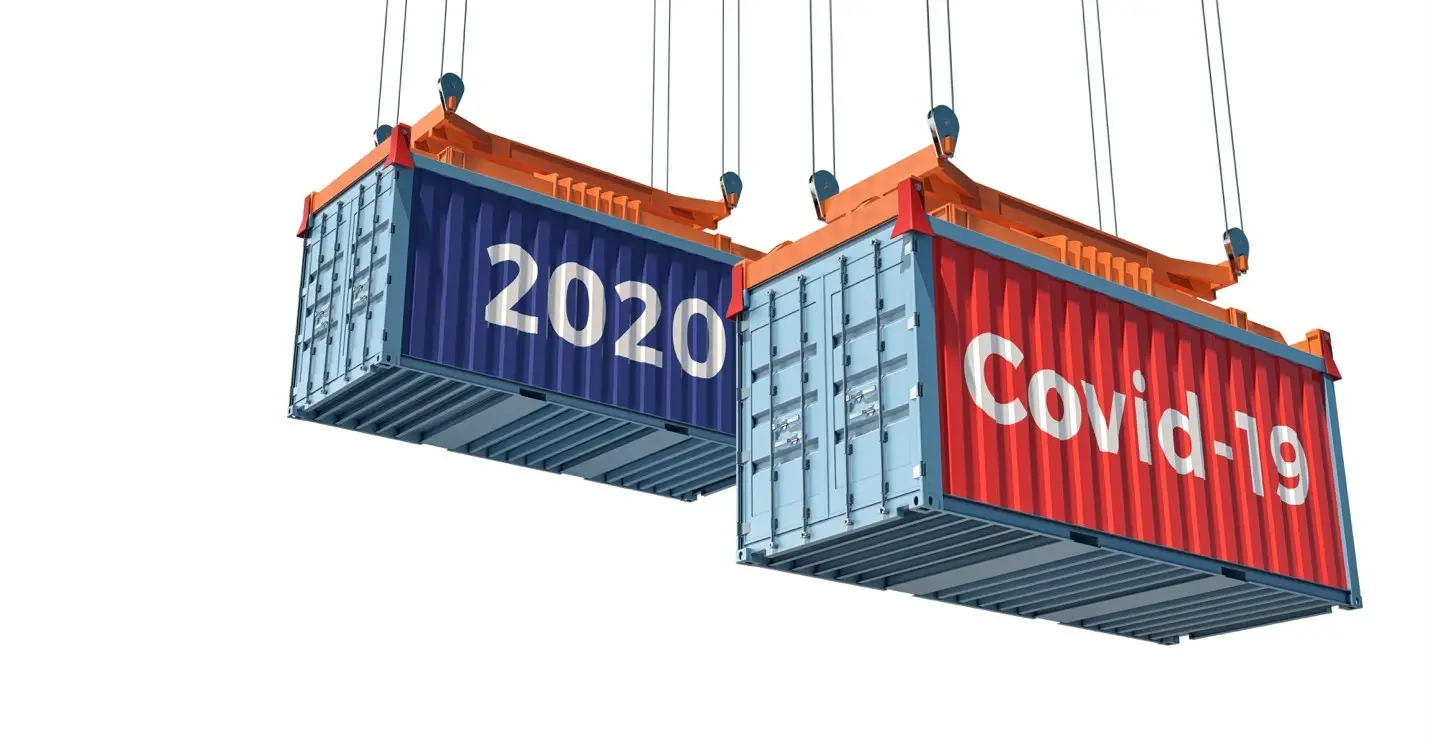How China's Zero Covid Policy Impacted the Market
In 2021 most markets came out of lockdown and eased Covid restrictions. However, China and Hong Kong continued with a zero covid policy.
Ongoing lockdowns in China have made it was very challenging to plan shipments and production in 2022 for many industries. Since the New Year holidays of 2022, factories in our industry have repeatedly locked down and reopened for short periods. The prolonged lockdown in Shanghai had a devastating effect on international trade. It created a backlog of ships waiting to unload and delaying outbound shipments, causing disruption for the rest of the year.

Frustration about the zero covid policy
In 2020 and 2021 our Chinese colleagues supported the zero covid policy in China, since life could continue as normal, so long as nobody wanted to travel abroad. However by 2022 frustration grew among factory owners unable to satisfy their overseas clients. Unlike other countries, the China government does not give financial support to factories forced to close. Factory workers often went unpaid, leaving many struggling to feed their families. The strict measures also prevented China factories from participating in international exhibitions.
Anti pollution initiatives from the China government further pressured manufacturers. All this has meant that China suppliers have had a difficult year in 2022. According to the China Research Center the zero covid policy resulted in minus very low GDP in China during the COVID period.

Higher Freight costs
Freight costs remained far higher than pre covid. Shipping costs peaked in 2020 to become more than four times the pre covid levels.due to container shortages and reduced air freight capacity. By 2022 rates still did not return to pre Covid levels, as. rising crude oil prices and reduced shipping routes, exacerbated a difficult situation.
What about the future?
What will be the long term effects of China’s zero covid policy on the world economy?
More lockdowns and uncertainty. The World Health Organisation recently advised the China government that a zero covid policy was no longer tenable. But it was difficult to move quickly from this policy when a large percentage of the elderly population still remained unvaccinated. The answer was to vaccinate more of the vulnerable elderly population so that the rest of society could open up.
Will the zero covid policy push buyer elsewhere?
Many overseas buyers, alarmed by their heavy reliance on Chinese suppliers, started reconsidering buying options. Widespread supply chain disruptions have revealed the risks of over dependence on one country. As a result, businesses worldwide have begun exploring alternative supply sources. Some emerging countries saw an opportunity to fill the gap.
For example, some UAE packaging suppliers we know have already gained short term sales in the past year at the expense of China. The sharp increase in shipping costs reduced the price advantage of buying in China.
Over reliance on China
China’s zero covid policy left a lasting impression on global buyers.It served as a wake up call, highlighting the dangers of over reliance on a single supplier country.
While the world is unlikely to walk away China completely, companies, will continue to explore other alternative sources of supply more carefully.
To maintain its dominance, China must keep its prices competitive and significantly reduce shipping costs. Otherwise buyers will increasingly shift to alternative supply chains, diversifying their sourcing strategies to avoid future disruptions.
If you enjoyed this article, why not check out our article about the changes we found in China after the zero covid policy ended ‘Changes in China after COVID’.

